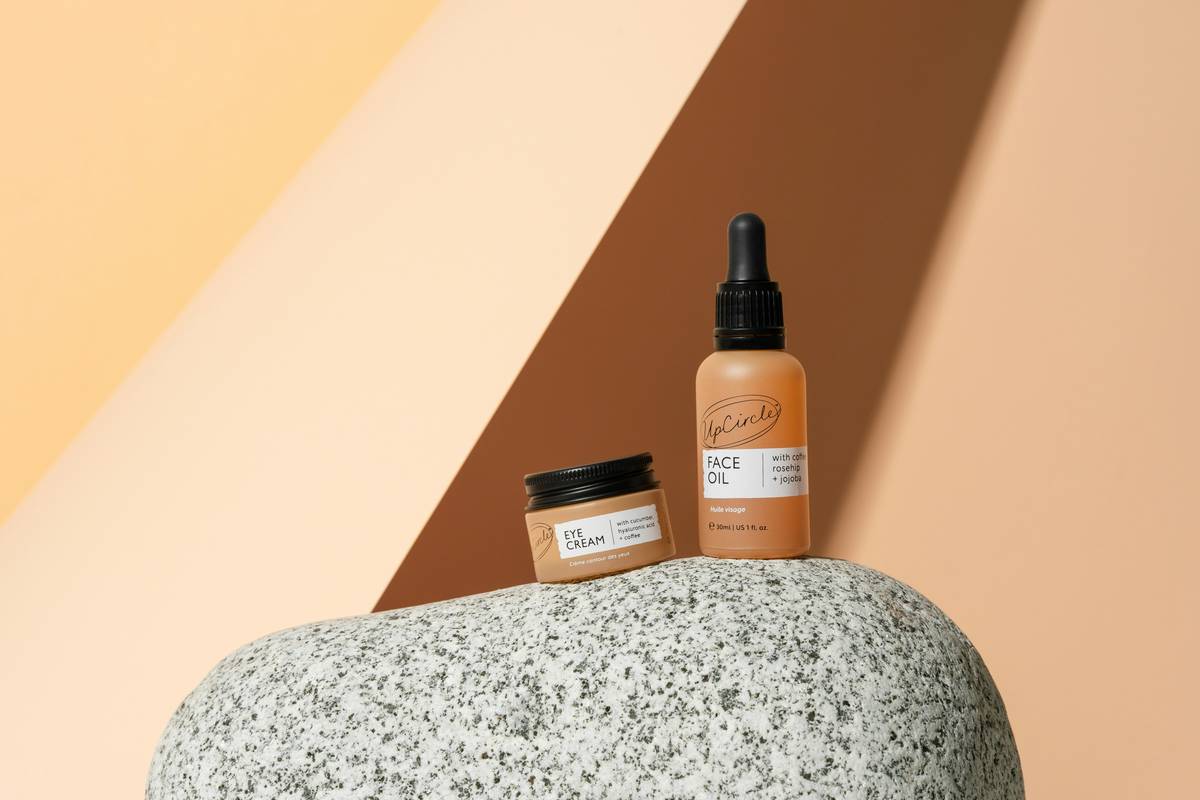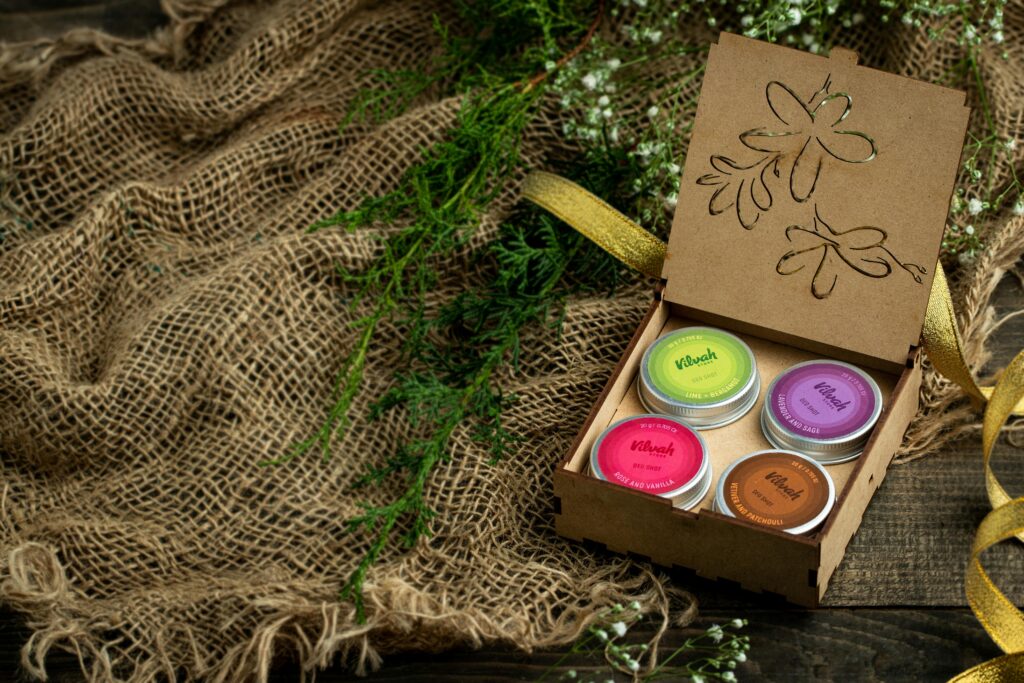Ever slathered on a moisturizer only to wake up with redness, breakouts, or itchiness? Yeah, we’ve all been there. That’s because not all moisturizers are created equal. Many contain synthetic chemicals that can irritate sensitive skin or disrupt your skin’s natural balance. But what if you could hydrate your skin without the risk of harsh additives? Enter: organic face moisture. Today, we’ll dive into why this is the skincare game-changer you didn’t know you needed—and how to make the switch seamlessly.
In this blog post, you’ll learn:
- What makes organic face moisture stand out.
- Step-by-step tips for choosing the best product.
- Tips for avoiding greenwashing (yes, it’s real).
- Real-life success stories from people who’ve made the switch.
Table of Contents
- Key Takeaways
- Why Conventional Moisturizers Fall Short
- How to Choose an Organic Face Moisture
- Pro Tips for Using Natural Moisturizers Effectively
- Success Stories That Prove It Works
- Frequently Asked Questions About Organic Face Moisture
Key Takeaways
- Organic face moisturizers use natural ingredients that nourish and hydrate without harmful synthetics.
- Look for certifications like USDA Organic or COSMOS to ensure authenticity.
- Transitioning to organic products is easier when you patch-test first and understand ingredient labels.
Why Conventional Moisturizers Fall Short
I’ll never forget the time I bought a fancy moisturizer endorsed by my favorite influencer. The packaging screamed luxury, but after a week of use, my skin erupted into tiny bumps. Turns out, parabens were lurking in the formula—something I should have checked before buying.
This isn’t uncommon. Did you know over 60% of skincare users experience adverse reactions due to synthetic additives? Parabens, sulfates, and artificial fragrances might extend shelf life, but they often come at the cost of irritated skin.
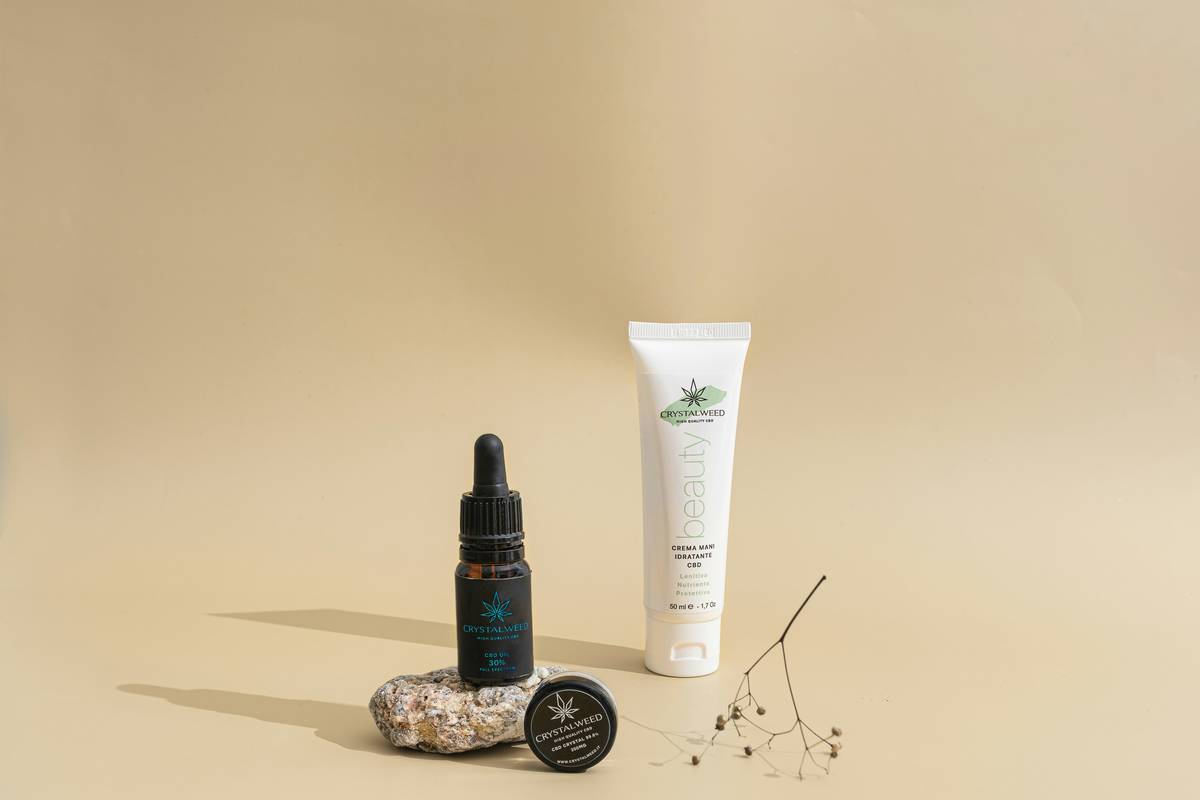
Here’s the kicker: your skin absorbs up to 60% of what you put on it. So, if your moisturizer has sketchy ingredients, they’re entering your bloodstream. Not cool.
How to Choose an Organic Face Moisture
Optimist You: “There must be a simple way to find a trustworthy organic moisturizer.”
Grumpy You: “Ugh, fine—but navigating the jungle of ‘natural’ claims feels overwhelming.”
Let’s cut through the noise step by step:
Step 1: Check Certifications
Words like “organic” and “natural” aren’t regulated in skincare. To avoid falling prey to greenwashing, always look for third-party certifications such as:
- USDA Organic
- EcoCert
- COSMOS
Step 2: Understand Key Ingredients
Look for powerhouse naturals like:
- Hyaluronic acid: Naturally occurring hydration superhero.
- Shea butter: Deeply moisturizing without clogging pores.
- Aloe vera: Soothing and anti-inflammatory.
Step 3: Patch Test First
No matter how pure a product seems, always test it on a small area before full application. Even natural ingredients can trigger sensitivities.
Pro Tips for Using Natural Moisturizers Effectively
- Layer correctly: Apply serums first, then seal them in with your organic moisturizer.
- Store properly: Since these formulas skip preservatives, keep them away from direct sunlight and heat.
- Be patient: Natural skincare works over time—it won’t give instant results like chemical alternatives.
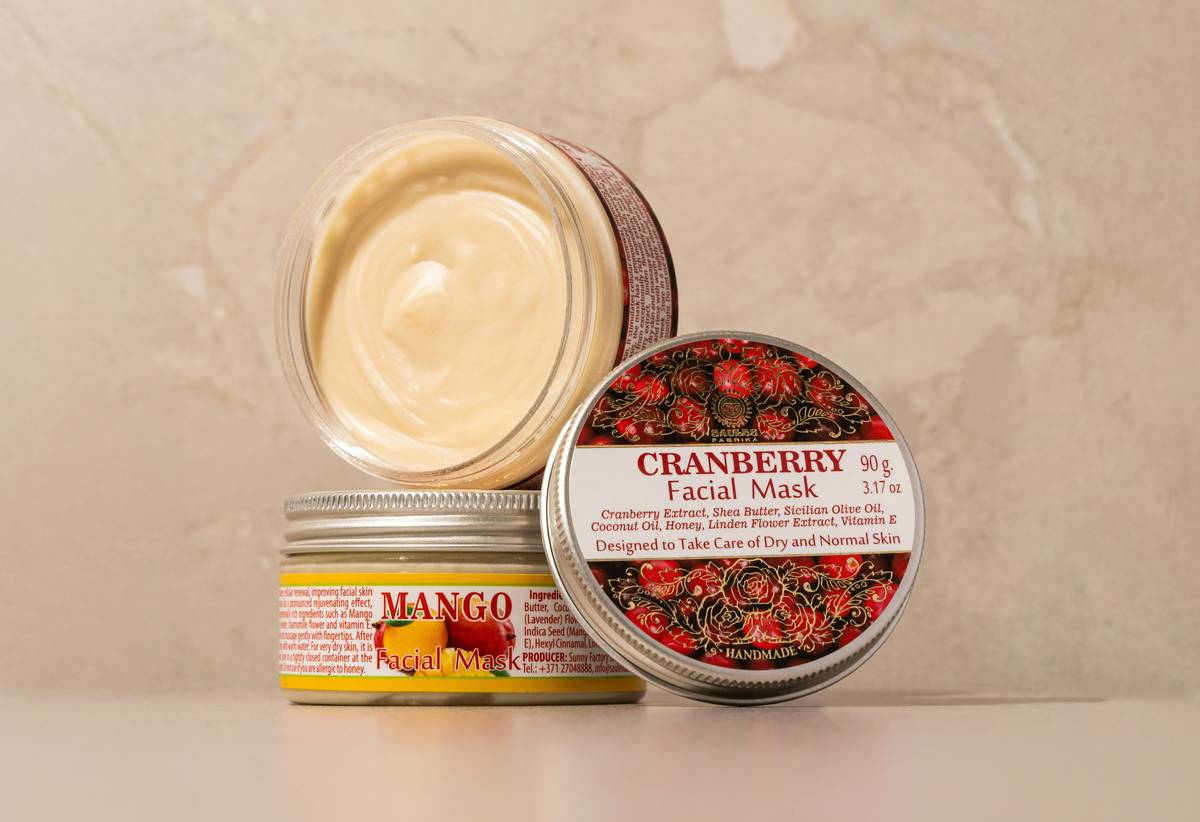
Success Stories That Prove It Works
Jessica, a skincare blogger, shares her journey: “After years of battling acne caused by conventional creams, I switched to an organic moisturizer infused with calendula oil. Within weeks, my complexion cleared up completely!”
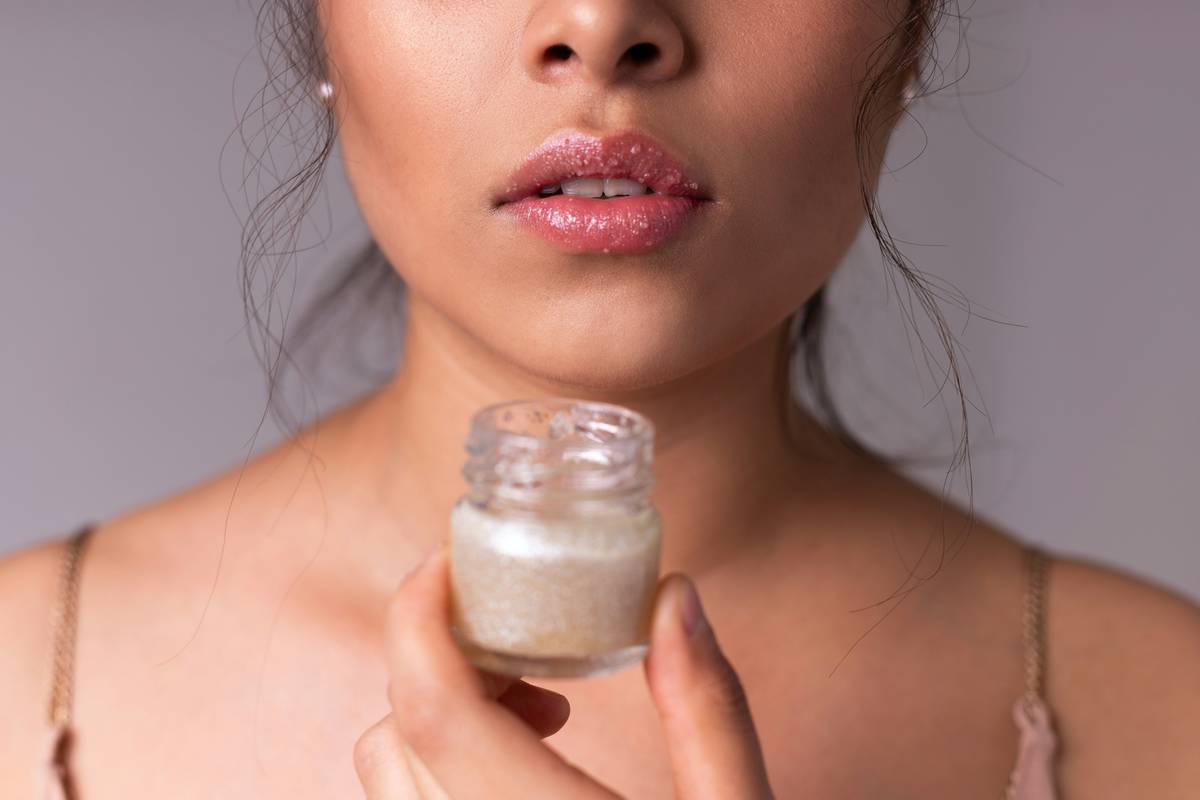
Frequently Asked Questions About Organic Face Moisture
Q: Are organic moisturizers better than non-organic ones?
A: Yes, especially for sensitive or reactive skin types, since they’re free of irritating synthetics.
Q: Are organic moisturizers more expensive?
A: Not necessarily! While some high-end options exist, affordable choices abound too.
Q: Can I use organic moisturizers daily?
A: Absolutely—many dermatologists recommend consistent use for glowing skin.
Conclusion
Switching to organic face moisture isn’t just a trend—it’s a thoughtful choice for healthier, happier skin. By understanding how to choose authentic products, embracing proper usage techniques, and learning from others’ success stories, you’re well-equipped to make the leap.
And remember, skincare is personal. One size doesn’t fit all, so find what works best for YOU. Now go forth and glow!
P.S. Like a Polaroid picture, good skincare takes time—don’t rush it 😉.
